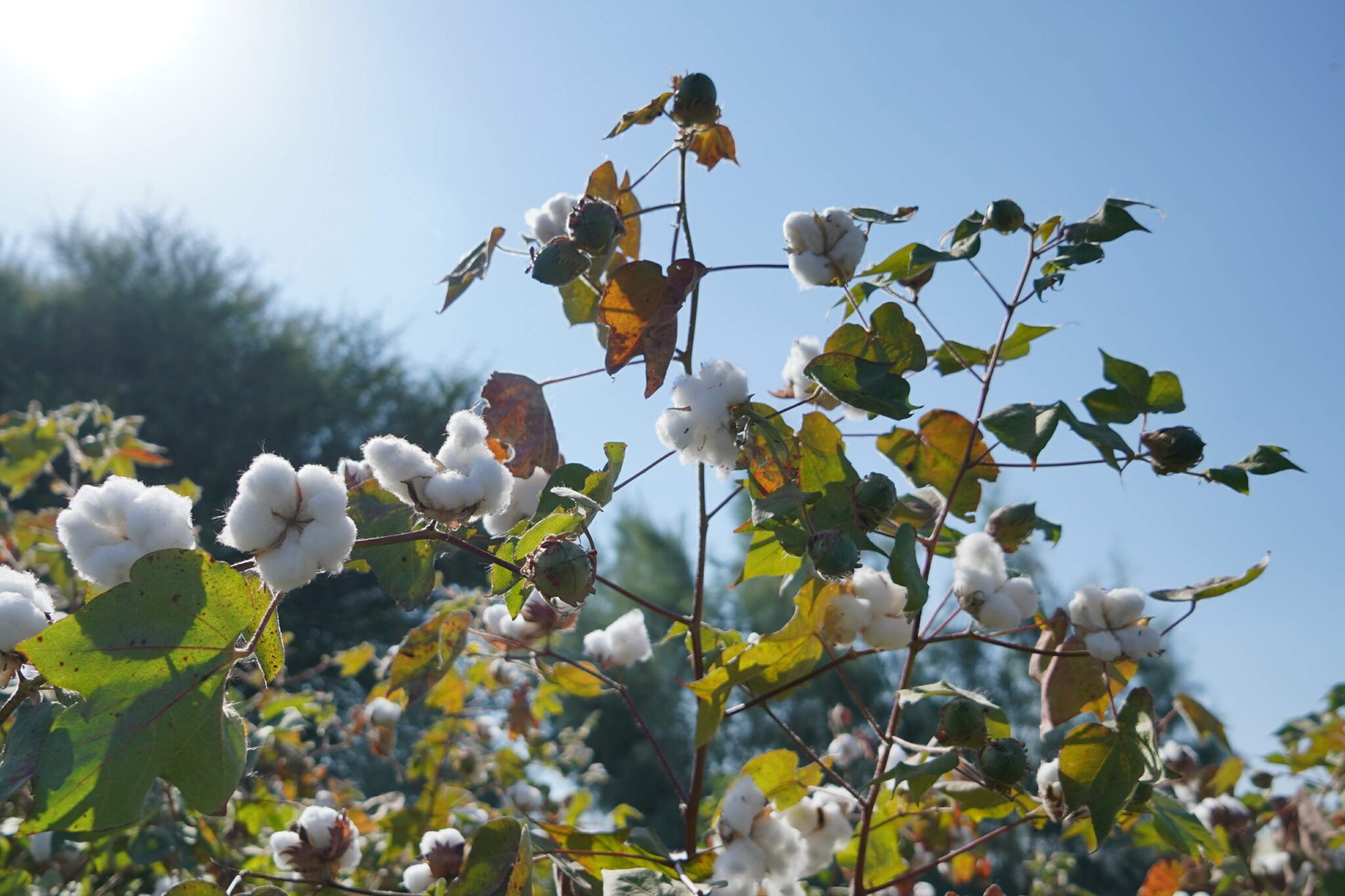At the Organic Cotton Accelerator, we believe organic cotton is key to making textiles more sustainable. That’s why we’re urging the European Commission to include information requirements for organic cotton in the Delegated Act for Textiles under the Ecodesign for Sustainable Products Regulation (ESPR).
Organic cotton brings clear environmental and social benefits. Grown without synthetic pesticides or fertilisers, it supports biodiversity, improves soil health, and helps farmers achieve better livelihoods. By integrating organic cotton into the ESPR framework, the EU can drive sustainable textile production, foster transparency across the supply chain, and align with its broader sustainability goals.
Why organic cotton matters in the ESPR context
Cotton is the second most used fibre in textiles, but its conventional production often comes with significant environmental and social costs. Organic cotton provides a more sustainable alternative, addressing these challenges by reducing chemical use, conserving water, and fostering fair working conditions.
Despite its advantages, organic cotton currently makes up just 3.2% of global cotton production, according to Textile Exchange. By including information requirements for organic cotton, the ESPR can:
- Increase transparency: traceable organic cotton ensures sustainability claims are verifiable across the supply chain.
- Support supply growth: clear requirements can help bridge the gap between rising demand and limited supply.
- Promote environmental and social benefits: organic farming systems support biodiversity, healthier soils, and better farmer livelihoods.
- Ease the transition to organic farming: farmers need tangible incentives to make the shift to organic cotton.
- Align with EU priorities: Organic farming is already central to the EU’s Farm to Fork strategy, and these principles can extend to textiles.
OCA’s key recommendations
- Recognise organic cotton as a “sustainable renewable material” under the ESPR.
- Include an information requirement for organic cotton in the Digital Product Passport (DPP).
- Build on existing frameworks, such as GOTS and OCS certifications, alongside the EU’s organic standards, to establish robust traceability and transparency for organic cotton while continuously addressing data gaps.
The ESPR is a significant opportunity to reduce the textile industry’s socio- environmental footprint. By including organic cotton in the framework, the EU can encourage sustainable textile production, foster transparency, and create a more resilient and competitive sector.
Read OCA’s full position paper here.
For more information about ESPR access: https://commission.europa.eu/energy-climate-change-environment/standards-tools-and-labels/products-labelling-rules-and-requirements/ecodesign-sustainable-products-regulation_en
_______________________________________________
To get in touch with OCA’s Public Affairs team reach out to: comms@organiccottonaccelerator.org.

